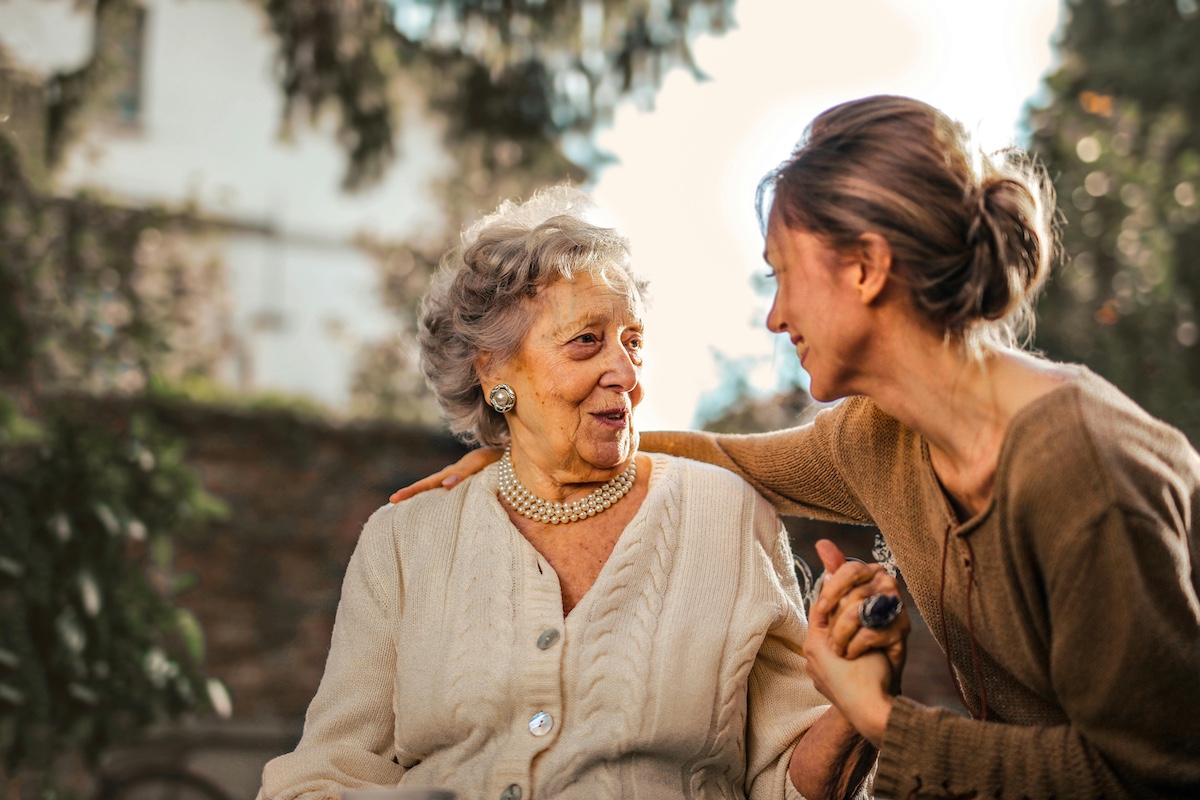As baby boomers grow older, the volume of unwanted keepsakes and family heirlooms is poised to grow — along with the number of delicate conversations about what to do with them.
According to a 2014 United States census report, more than 20 percent of America’s population will be 65 or older by 2030. As these waves of older adults start moving to smaller dwellings, assisted living facilities or retirement homes, they and their kin will have to part with household possessions that the heirs simply don’t want.
The Stuff
The competitive accumulation of material goods, a cornerstone of the American dream, dates to the post-World War II economy, when returning veterans fled the cities to establish homes and status in the suburbs. Couples married when they were young, and wedding gifts were meant to be used — and treasured — for life.
But for a variety of social, cultural and economic reasons, this is no longer the case. Today’s young adults tend to acquire household goods that they consider temporary or disposable, from online retailers or stores like Ikea and Target, instead of inheriting them from parents or grandparents.
Accordingly, the senior move management industry has experienced unprecedented growth in recent years. These move managers usually charge an hourly rate, typically $50 to $125. They spend time with clients, helping them sort through years of accumulated possessions and make decisions about what to dispose, what to donate to charities and what to try to fit into their new living spaces.
Final costs of the service, which may also involve an estate sale, can be $2,500 to $5,000 or more, depending on the size of the home and the density of its contents.
What to Do With It
Once the children have picked over what they want, and the items slated for the next home have been boxed up, the question is, what becomes of the rest?
Many nonprofit organizations such as Goodwill, Salvation Army and Habitat for Humanity take donations. Donating whatever is left of a loved one’s estate is a great way to make something you have no use for useful for someone else. One man’s trash is another man’s treasure!




